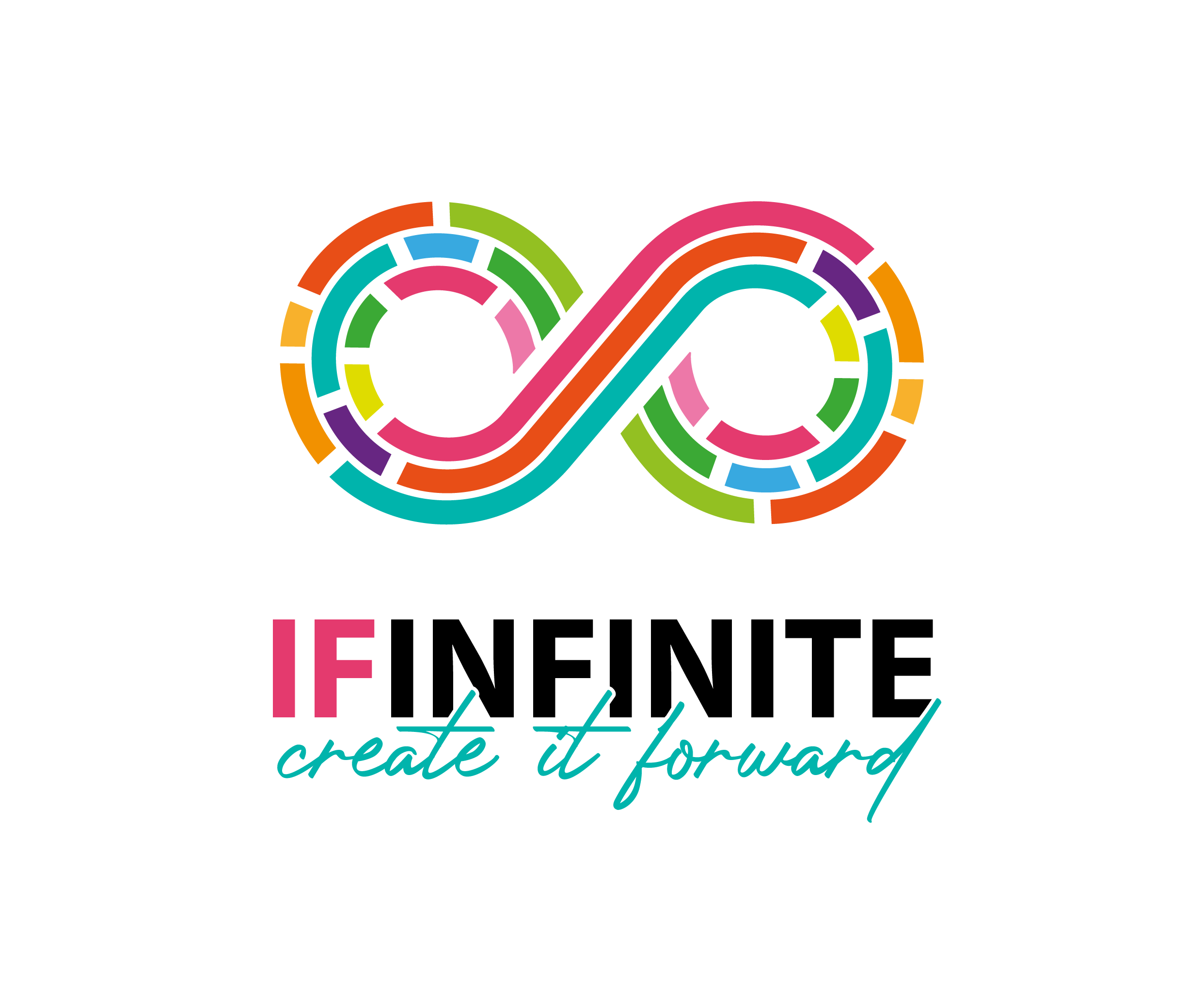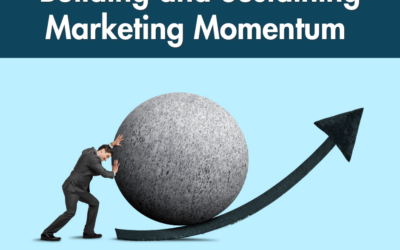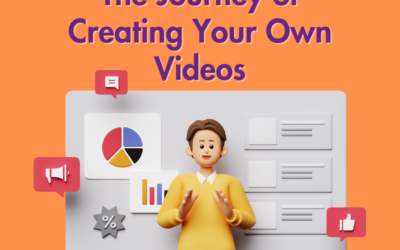
Understanding the differences between landing pages and websites is like having a clear guide to building a strong online presence. Each plays a distinct role, designed to meet different business goals and user needs.
The key contrast is in their focus. Landing pages are crafted for precise conversions, keeping distractions to a minimum, while websites offer a wider view and invite visitors to explore further.
Key Features of a Website
- Information Hub: Websites provide detailed insights into your brand’s history, mission, offerings, and more, serving as a digital repository accessible to anyone with an internet connection.
- Navigation Backbone: Structured navigation menus guide users through various sections of the website, facilitating seamless exploration and interaction.
- Multifunctional Platform: Websites are versatile, capable of serving diverse purposes such as e-commerce, blogging, portfolios, or interactive experiences.
- Branding Showcase: Your website visually communicates your brand identity through design elements, leaving a lasting impression on visitors.
- Interaction Hub: Websites foster two-way communication, allowing users to engage through comments, forums, or direct inquiries, fostering a sense of community.
Websites shine in situations where you need a complete online presence, like building your brand, running online stores, sharing content, engaging with visitors, and supporting educational activities.
Key Features of a Landing Page
- One Goal, One Action: A landing page is centred around a singular objective, streamlining the user journey towards a defined conversion goal.
- Minimal Distractions: Unnecessary information and navigation options are stripped away to maintain focus on the intended action, minimizing distractions that could hinder conversions.
- Alignment of Messaging and Design: Content and design elements are precisely tailored to align with the specific campaign or advertisement that led users to the page, ensuring coherence and relevance.
- Audience Targeting: Landing pages can be customized to resonate with different audience segments, delivering a personalized experience based on demographics, preferences, or other factors.
Landing pages are instrumental in specific campaigns, product launches, lead generation efforts, paid advertising campaigns, event registrations, and A/B testing initiatives aimed at optimizing conversion rates.
Selecting the Ideal Platform
When deciding between a landing page and a website, several factors come into play. Consider your immediate goals, timeline, and budget. Landing pages are ideal for quick launches, focused campaigns, and specific goals like product launches or event registrations. On the other hand, websites are suited for establishing a long-term online presence, providing extensive information, and catering to diverse user needs.
By leveraging each component strategically within your marketing funnel, you can enhance user engagement, drive conversions, and establish a compelling online presence.




